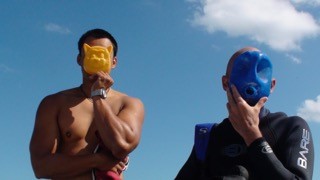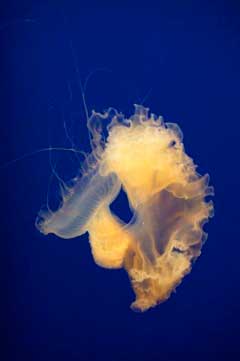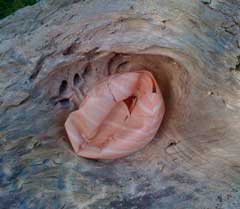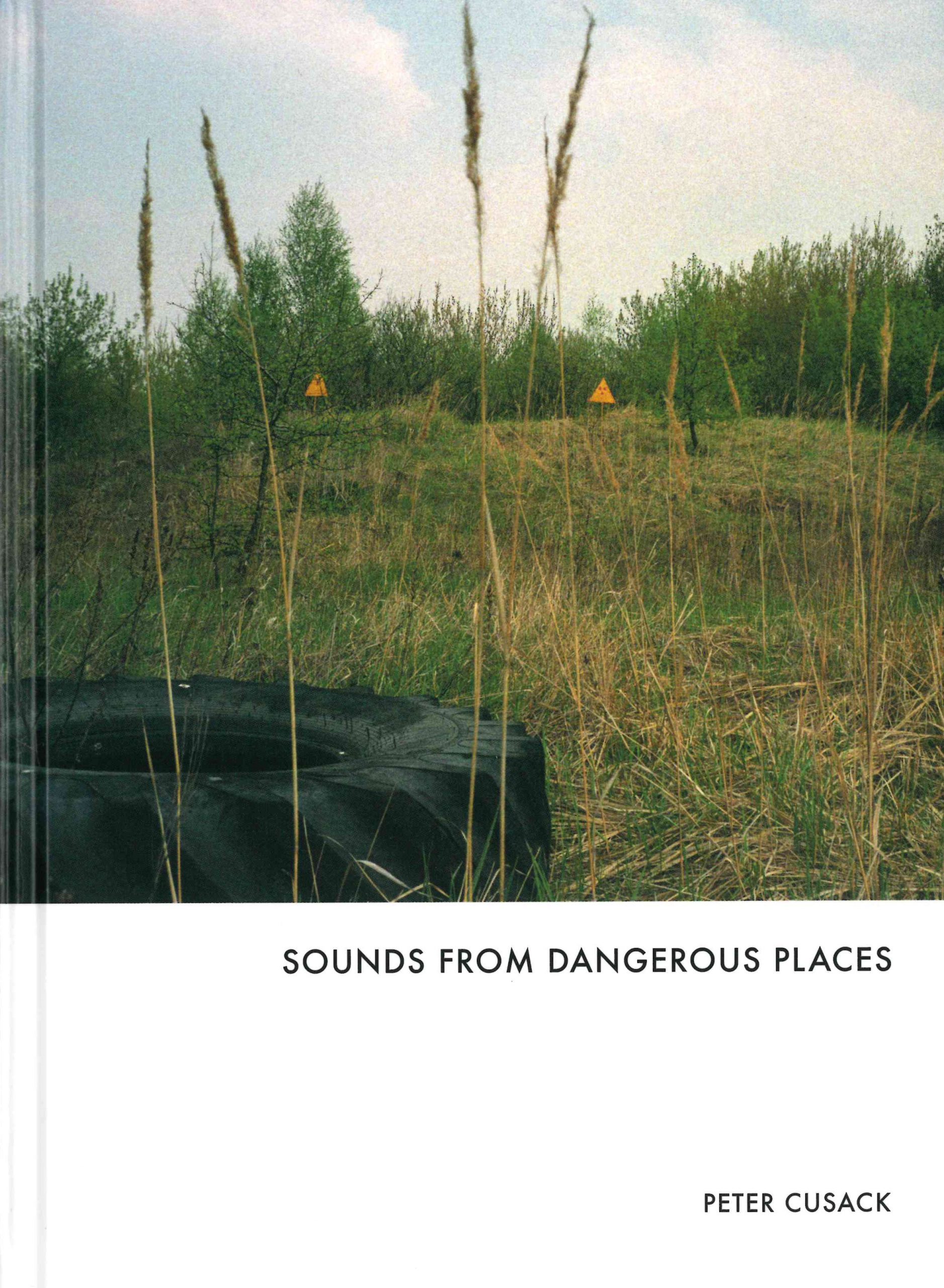Great Britain, Music, 2011
Peter
Cusack
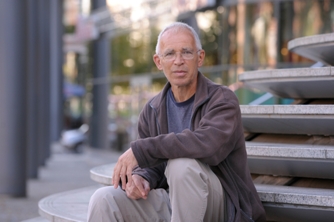
Born 1948 in London, lives in London. Degrees: Cambridge University (biochemistry, 1969), Edinburgh University (genetics, 1971), Institut für Sonologie, Den Haag (1976).
Peter Cusack is a sound artist and (improvising) musician, and is also active as a field recording artist (e.g. Baikal Ice, CD 2003) and a teacher. He is a Senior Lecturer at the London College of Communication and teaches and conducts research at other institutions, including the University of the Arts, London. In his capacity as a musician, he co-founded and directed the London Musicians’ Collective and was a member of the group Alterations (with Steve Beresford, David Toop and Terry Day). The focus of his current work – which he presents in appearances and performances, radio and CD productions, lectures, exhibitions and installations – is our man-made sound environment; the works’ categorical context is shaped by the conceptual approach of acoustic ecology.
In his project Favourite Sounds (since 1998), Cusack explores the favorite sounds of residents of particular cities (London, 1998; Chicago, 2004; Peking, 2005; Manchester und Prague, 2008/09). From 2001 to 2006, the London radio station ResonanceFM produced more than 50 installments of Vermilion Sounds, his monthly program on the topic of environmental sound. Cusack’s multidisciplinary Positive Soundscapes Project (2006/09) is concerned with integrating sonic environmental issues into urban planning.
Since 2004, Cusack has been working on a project series called Sounds from Dangerous Places. In this context, he travels to sites suffering from extreme environmental degradation caused by human action (such as Chernobyl), where he records sounds and also films and photographs. These artifacts, and additional materials such as texts related to the theme, are then elaborated into installations and exhibitions.
During his stay in Berlin as guest of the Artists-in-Berlin Program, Peter Cusack plans to work on his installation Oil Fields, which deals with the Bibi Heybat oil fields on the Caspian See near Baku (Azerbaijan), a stretch of land especially damaged starting in the early 20th century, when its rich oil reserves began to be exploited. The bizarre beauty of this cultural landscape – its ground covered by shining black pools of spilled oil, the oil pumps’ constant rhythmic concert – stands in stark contrast to the alarming social, political and ecological conditions of its creation; the public will be brought face to face with this contradiction in Peter Cusack’s installation.
Cusack also plans to do preliminary work on a new project series about a problematic that already plays a decisive role in our global future: water resources.


